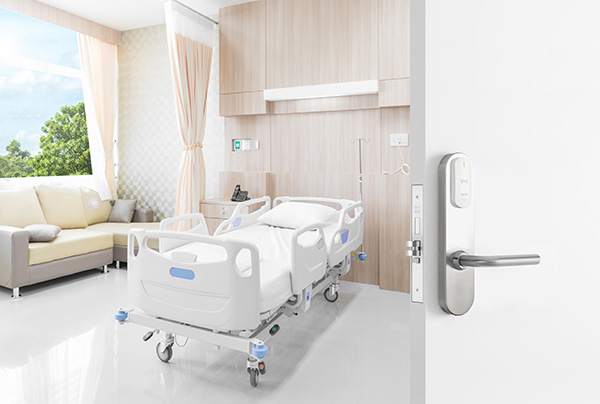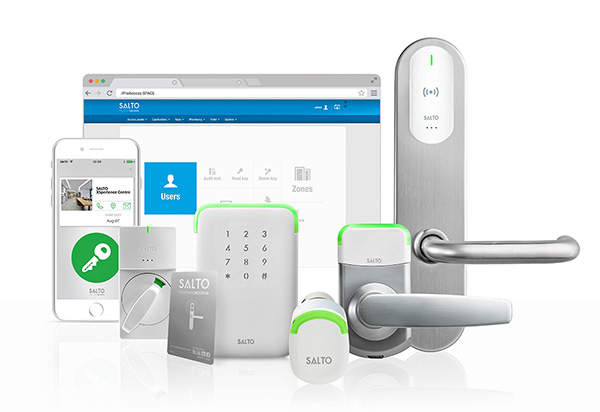By: Paul Cannon, Industry Solutions Leader – Healthcare
Virtually all sectors of the healthcare industry are contending with digital transformation; adopting digital technologies to design new business processes, improve operations, and enhance patient and staff experiences.
Innovations in software and hardware are transforming healthcare facilities from the ground up. With so much rapid change and a complex ecosystem of technologies, services and providers, many healthcare facilities executives are left wondering, what is coming next?
Since the onset of the COVID-19 pandemic, hospitals and healthcare facilities have undergone a reevaluation of safety and security systems and protocols. As a result, there is an increased focus on the role of access control hardware and software within their operational dialogue.

Already proven to be essential tools within the healthcare environment, the persistent R&D and constant innovation among access control systems providers will continue to deliver new features and functionality to facility managers.
Modern access control systems, like those designed by SALTO Systems, will redefine how facilities handle security measures and manage the flow of people, materials and even information in the healthcare environment of the future. From self-check-in kiosks and frictionless card readers to mobile access and wireless devices that can be monitored remotely—the tech will drive the next generation patient experience.

The future state of healthcare includes apps that will integrate multiple data sources and systems, such as patient's medical history, real-time health updates, scheduling and appointments, insurance coverages, and access control management. The ultimate goal will be to use mobile devices—those of staff, patients, visitors and vendors—as the primary instrument to access both information and physical spaces.
But, the migration to mobile is not just about smartphones. We will see an increase interactive touch screens and tablet-based apps that can execute many functions including health screenings, emergency mustering and attendance recording. These devices are innately ambulatory and will carry mobile access credentials that will offer the users a host of additional capabilities. The user experience (be it doctor, staff or patient) combined with efficacy and business outcomes will continue to drive adoption and growth in these newly digitized areas of healthcare delivery.
At the patient level, new technologies have put more control in the hands of the customer and helped to make health information far more accessible. Patient-centered thinking has been driving much of the digital transformation being implemented in healthcare facilities today. This trend will continue in the years to come with things like intelligent visitor management systems and mobile device interaction.

One thing is certain; the technology will continue to advance. As it does, the healthcare systems and facilities that have decided to lean into the transformation and have adopted forward-looking strategies and flexible infrastructures will be better positioned for long-term success.
Please go to SALTO Systems for more information on access control technology and best practices in healthcare facilities.

Paul Cannon leads SALTO Systems’ healthcare solutions business practice. His focus is on aligning SALTO’s innovative access control technology and hardware with the needs of an ever-evolving healthcare industry and the future demands of next generation medical facilities.
Paul is an access control expert and industry veteran, and he is passionate about security and safety in the healthcare environment. Together with SALTO, he is on a mission to bring new technologies and products to market that keep people safe and enhance healthcare providers ability to deliver the highest levels of health and life care.
Prior to SALTO, Paul worked with ASSA ABLOY, where he served as an electromechanical specialist for over nine years and as northeast regional sales manager for six years.
